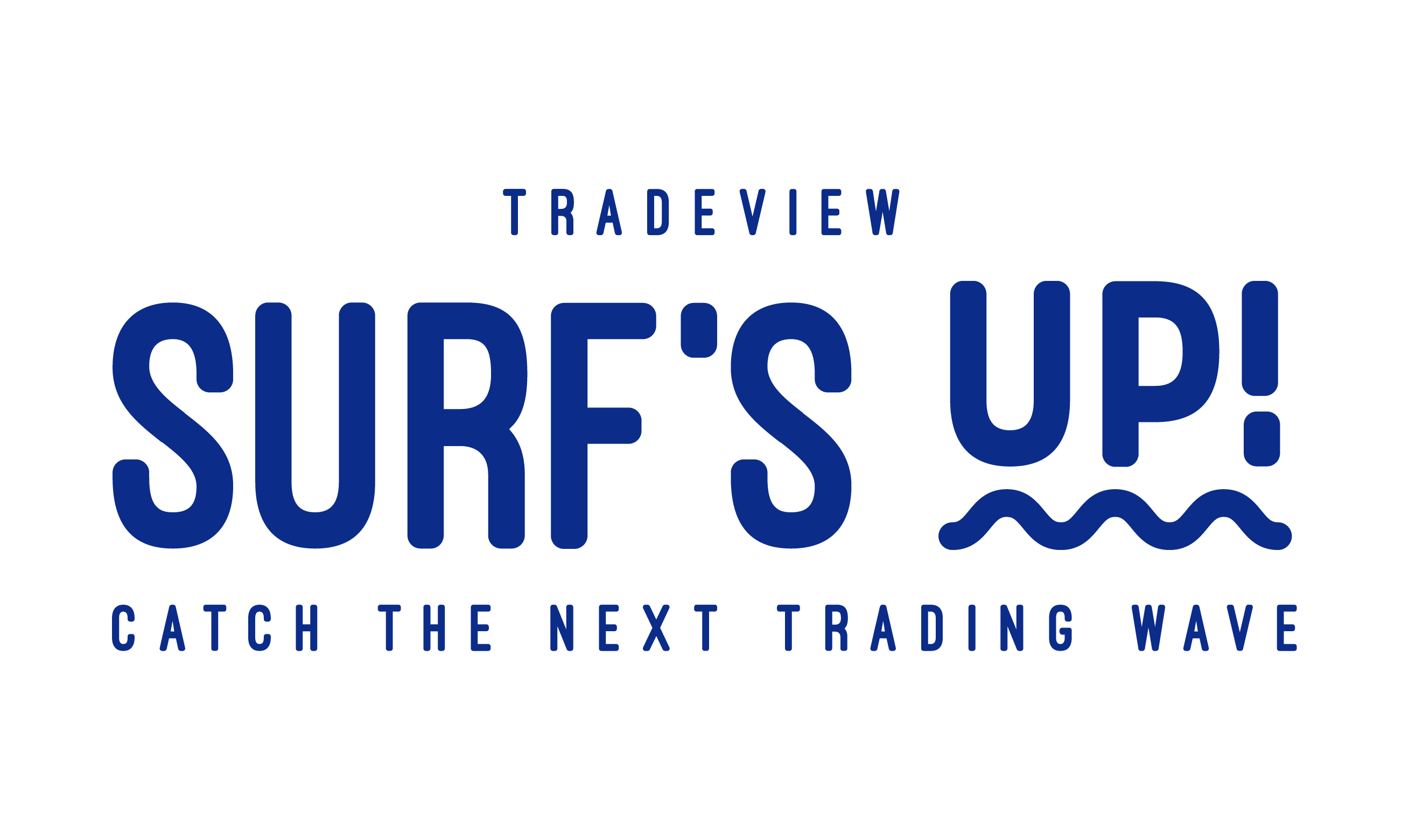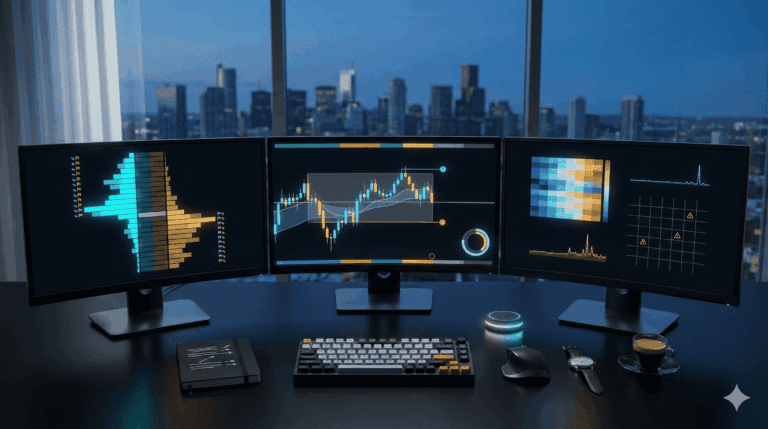Finding the right broker is a bit like picking a guide for a mountain hike. If they know the terrain, you’re good. If not, you’re in trouble. In 2025, with markets moving faster and spreads getting tighter, the choice of broker can make or break your trading success. So how do you spot the right one?
Let’s break it down—clearly, casually, and with real examples.
What Is a Broker and Why It Still Matters
A broker acts as the middleman between you and the market. Whether you’re trading forex, crypto, or stocks, the broker connects you to liquidity, processes your trades, and makes sure they go through quickly.
Here’s what a good broker actually does:
- Gives you access to top liquidity providers
- Offers stable, fast order execution
- Provides risk management tools
- Handles your deposits and withdrawals securely
In short, they help you avoid bad trades—not by guessing the market, but by making sure your trades go through efficiently.
Key Features Every Modern Broker Should Offer
You’re not just looking for someone who gives you a platform to trade on. You’re looking for performance. Let’s go deeper into what that means.
Access to Top Liquidity Providers
The tighter the spread, the better your chances. And tight spreads don’t just happen. They come from access to tier-one liquidity providers—major banks, hedge funds, and financial institutions that provide real market pricing.
Why It Matters
Say you’re trading EUR/USD. With a broker that connects to high-level liquidity providers, you might get a spread as low as 0.1 pips. Without them? That same spread could jump to 1.5 pips. Over hundreds of trades, that’s real money lost.
| Liquidity Source | Spread on EUR/USD | Speed (avg. ms) |
| Tier-1 Providers | 0.1–0.3 pips | 5–10 ms |
| Retail Liquidity | 1.0–1.5 pips | 20–30 ms |
Red Flag
If your broker won’t disclose who their liquidity providers are, that’s a problem. Transparency is key.
Order Execution Optimization
This is the secret sauce. Order execution optimization is all about how fast and accurately your trades get filled. It sounds technical, but it affects every trade.
Example: The Cost of Delay
Imagine you place a $100,000 order on gold. The market moves 0.2% while your trade is processing due to a slow broker. That’s a $200 difference just from delay.
Features to Look For
- Low latency infrastructure (think sub-10ms)
- Smart order routing (your order goes to the best-priced market)
- Slippage control (your trade doesn’t fill at a worse price)
Risk Management Tools Built-In
Even the best broker can’t predict market crashes. But a good one gives you tools to manage your risk.
- Stop-loss and take-profit orders
- Negative balance protection
- Real-time margin alerts
If your broker lacks these, you’re flying blind.
Customization and Integration
Professional traders use multiple tools. You want a broker who lets you plug in third-party platforms, set up APIs, and customize dashboards.
What’s Possible
- MT5/MT4 integration
- Custom algorithmic trading scripts
- Real-time market data feeds
Think of it like turning a basic car into a racecar—same engine, just smarter features.
Vulkan Broker Solutions: A Closer Look
Among the brokers offering institutional-level features, Vulkan Broker Solutions stands out for its focus on execution quality and infrastructure.
Performance-Driven Infrastructure
- Low-latency servers placed close to major exchanges
- Smart routing tech that reduces execution time
- FIX API access for algorithmic traders
Access to Top-Tier Liquidity
Vulkan doesn’t just say it connects you to deep liquidity. It actually partners with major Tier-1 providers and shows you the pricing levels in real time.
| Feature | Vulkan Broker Solutions | Typical Broker |
| Liquidity Sources | Tier-1 banks, ECNs | Mixed (often opaque) |
| Execution Speed | 3–7 ms | 15–30 ms |
| Order Routing Transparency | Yes | Rarely |
| Platform Support | MT4, MT5, cTrader, API | MT4 only |
Built for Scalability
Vulkan caters not just to individual traders, but also:
- Prop trading firms
- Money managers
- White-label brokers
That means the infrastructure is built to handle load spikes, algo trading, and high-frequency strategies.
How to Compare Brokers Side by Side
Here’s a quick checklist you can use when comparing brokers—so you don’t get lost in buzzwords:
Broker Comparison Checklist
| Criteria | Good Broker | Bad Broker |
| Liquidity Access | Tier-1 banks, ECNs | Undisclosed sources |
| Execution Speed | <10 ms | >20 ms |
| Platform Options | MT4/MT5, API, custom dashboards | Limited to one or two platforms |
| Risk Tools | Full suite available | Few or none |
| Regulatory Transparency | Registered and verifiable | Vague or offshore only |
| Support Availability | 24/5 with live response | Delayed email replies |
Common Mistakes When Choosing a Broker
Even seasoned traders make these errors. Here’s what to avoid:
Focusing Only on Fees
Low fees look great—until you realize poor execution cost you more in slippage.
Ignoring Infrastructure
If a broker doesn’t talk about latency, they probably don’t care about it.
Falling for “Bonus” Traps
Free money usually comes with strings attached. Look beyond the bait.
Who Needs a High-Performance Broker?
You don’t need to be trading millions to benefit from a solid broker. But certain profiles definitely require more muscle under the hood.
Profiles That Need Vulkan-Level Performance:
- Scalpers – Need microsecond execution.
- Algorithmic traders – Rely on low-latency APIs.
- Institutional desks – Need deep liquidity and routing control.
If you’re in any of these categories, trading with a basic retail broker is like trying to win a race on a scooter.
So if you’re serious about execution speed and performance, it’s worth looking into brokers like Vulkan Broker Solutions, who are already working at the infrastructure level most brokers only promise. Want faster trades and access to real market depth? That’s where you’ll find the edge—built in, not bolted on.
FAQ
What is the difference between a market maker and an ECN broker?
Market makers set their own bid/ask prices, often trading against you. ECN brokers connect you to real-time pricing from banks and liquidity pools.
How important is execution speed in trading?
It’s critical. Fast execution reduces slippage, especially in fast-moving markets or high-frequency strategies.
Can I use my own trading algorithm with Vulkan Broker Solutions?
Yes, Vulkan supports FIX API and MT5/MT4 integrations, ideal for custom trading systems.
Is it safe to use offshore brokers?
Only if they’re properly regulated and transparent about operations. Always verify licenses and infrastructure.







